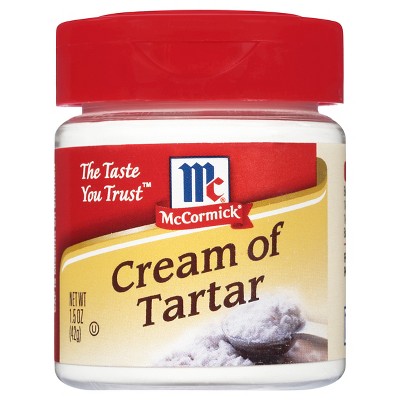
noun
- Dentistry. calculus(def 3).
- the deposit from wines, potassium bitartrate.
- the intermediate product of cream of tartar, obtained from the crude form, argol.
noun
- a member of any of the various tribes, chiefly Mongolian and Turkish, who, originally under the leadership of Genghis Khan, overran Asia and much of eastern Europe in the Middle Ages.
- a member of the descendants of this people variously intermingled with other peoples and tribes, now inhabiting parts of the European and W and central Asian Russian Federation.
- Tatar(defs 1–3).
- (often lowercase) a savage, intractable person.
- (often lowercase) an ill-tempered person.
adjective
- of or relating to a Tartar or Tartars; Tartarian.
- Tatar(def 5).
Idioms
- catch a Tartar, to deal with someone or something that proves unexpectedly troublesome or powerful.Also catch a tartar.
noun Obsolete.
- Tartarus.
noun
- dentistry a hard crusty deposit on the teeth, consisting of food, cellular debris, and mineral salts
- Also called: argol a brownish-red substance consisting mainly of potassium hydrogen tartrate, present in grape juice and deposited during the fermentation of wine
noun
- (sometimes capital) a fearsome or formidable person
noun, adjective
- a variant spelling of Tatar
n.“bitartrate of potash” (a deposit left during fermentation), late 14c., from Old French tartre, from Medieval Latin tartarum, from late Greek tartaron “tartar encrusting the sides of wine casks,” perhaps of Semitic origin. The purified substance is cream of tartar. The meaning “encrustation on teeth” (calcium phosphate) is first recorded 1806. mid-14c. (implied in Tartary, “the land of the Tartars”), from Medieval Latin Tartarus, from Persian Tatar, first used 13c. in reference to the hordes of Ghengis Khan (1202-1227), said to be ultimately from Tata, a name of the Mongols for themselves. Form in European languages probably influenced by Latin Tartarus “hell” (e.g. letter of St. Louis of France, 1270: “In the present danger of the Tartars either we shall push them back into the Tartarus whence they are come, or they will bring us all into heaven”). The historical word for what now are called in ethnological works Tatars. A Turkic people, their native region was east of the Caspian Sea. Ghengis’ horde was a mix of Tatars, Mongols, Turks, etc. Used figuratively for “savage, rough, irascible person” (1660s); Byron’s tartarly (1821) is a nonce-word. To catch a Tartar “get hold of what cannot be controlled” is recorded from 1660s; original sense not preserved, but probably from some military story similar to the old battlefield joke: Irish soldier (shouting from within the brush): I’ve captured one of the enemy.Captain: Excellent! Bring him here.Soldier: He won’t come.Captain: Well, then, you come here.Soldier: I would, but he won’t let me. Tartar sauce is first recorded 1855, from French sauce tartare. n.
- A hard, yellowish deposit on the teeth, consisting of organic secretions and food particles deposited in various salts, such as calcium carbonate.dental calculus
- A hard yellowish deposit on the teeth, consisting of organic secretions and food particles deposited in various salts, such as calcium carbonate.
- A reddish acid compound consisting of a tartrate of potassium, found in the juice of grapes and deposited on the sides of wine casks.
 Liberal Dictionary English Dictionary
Liberal Dictionary English Dictionary